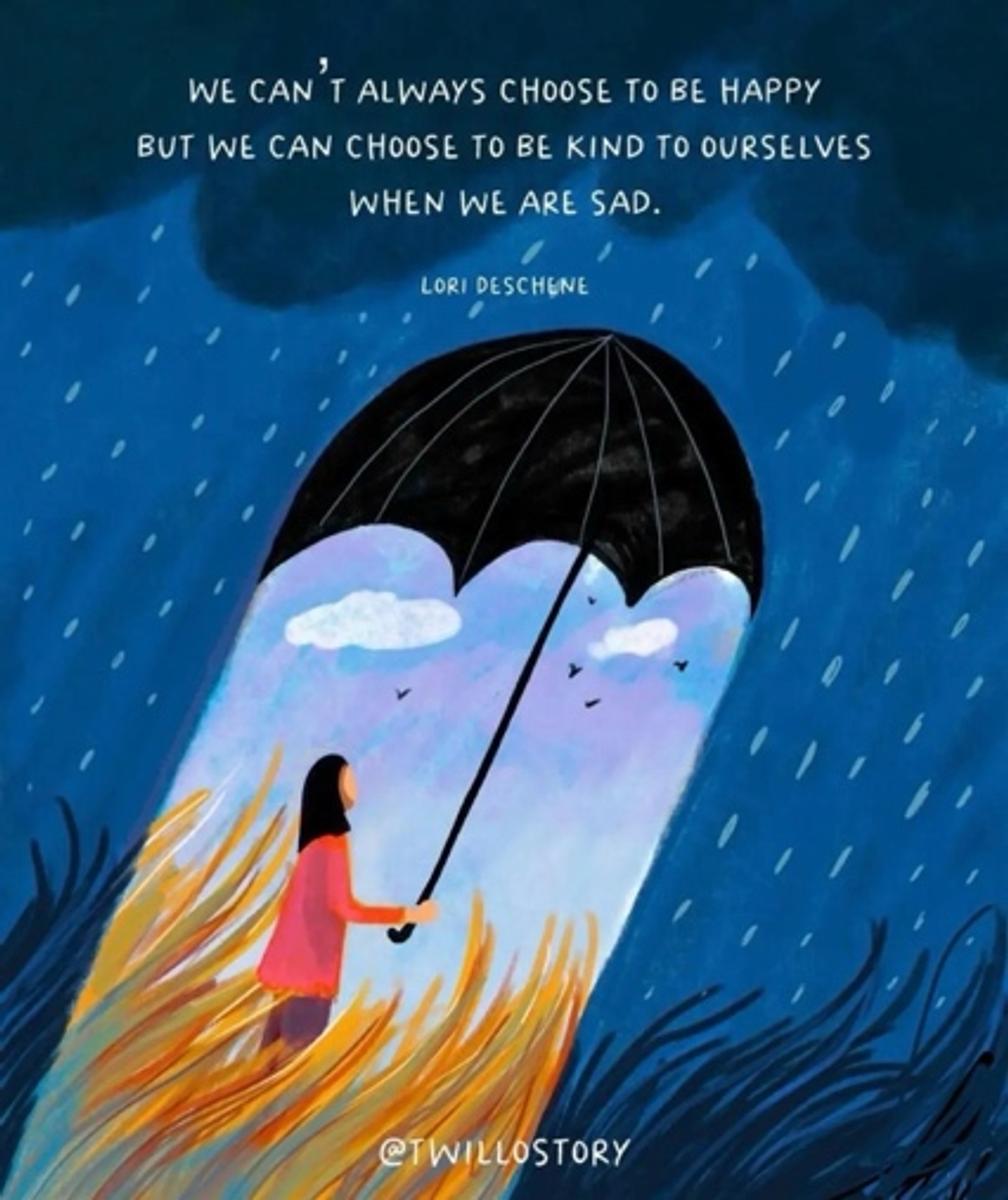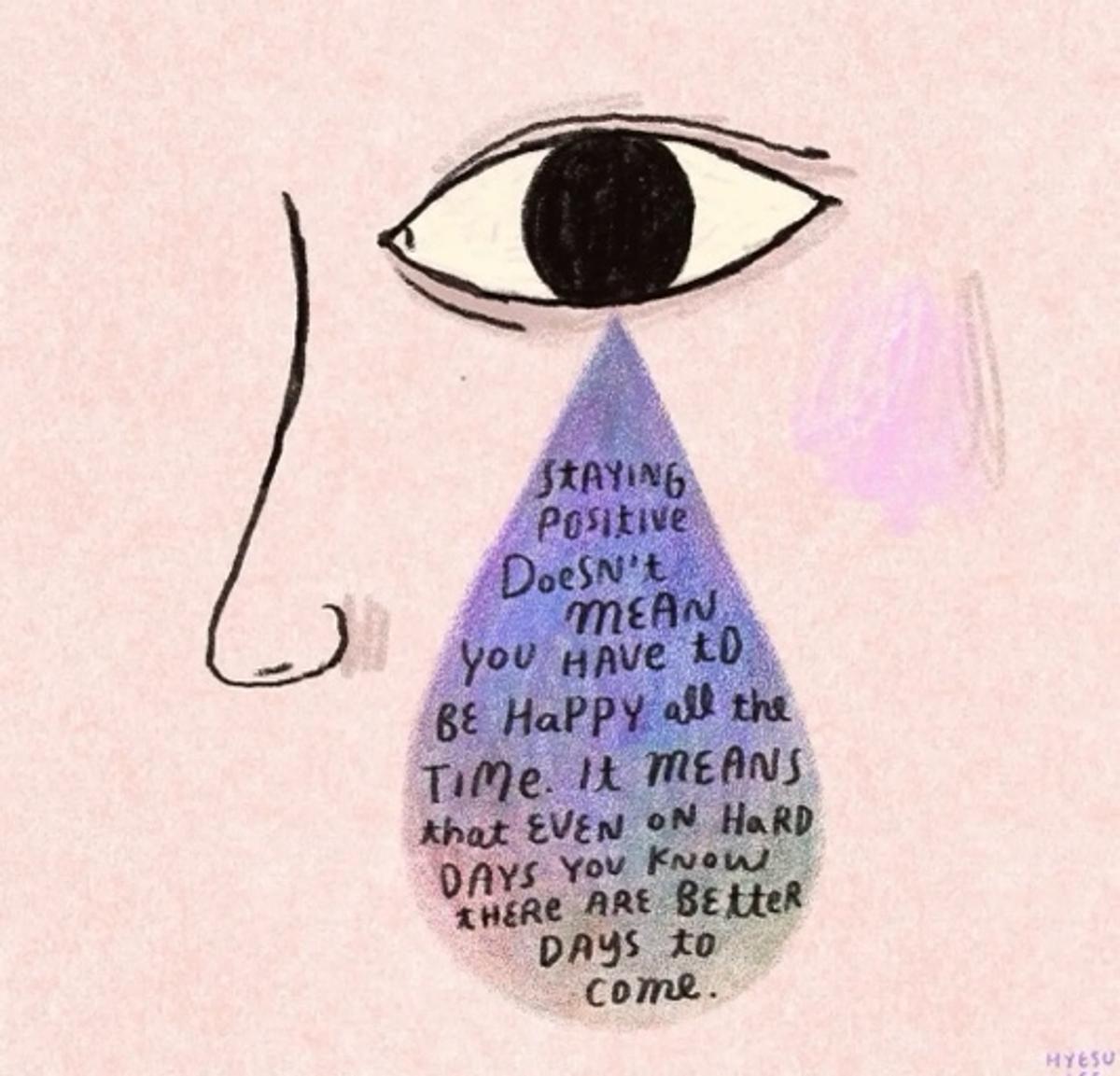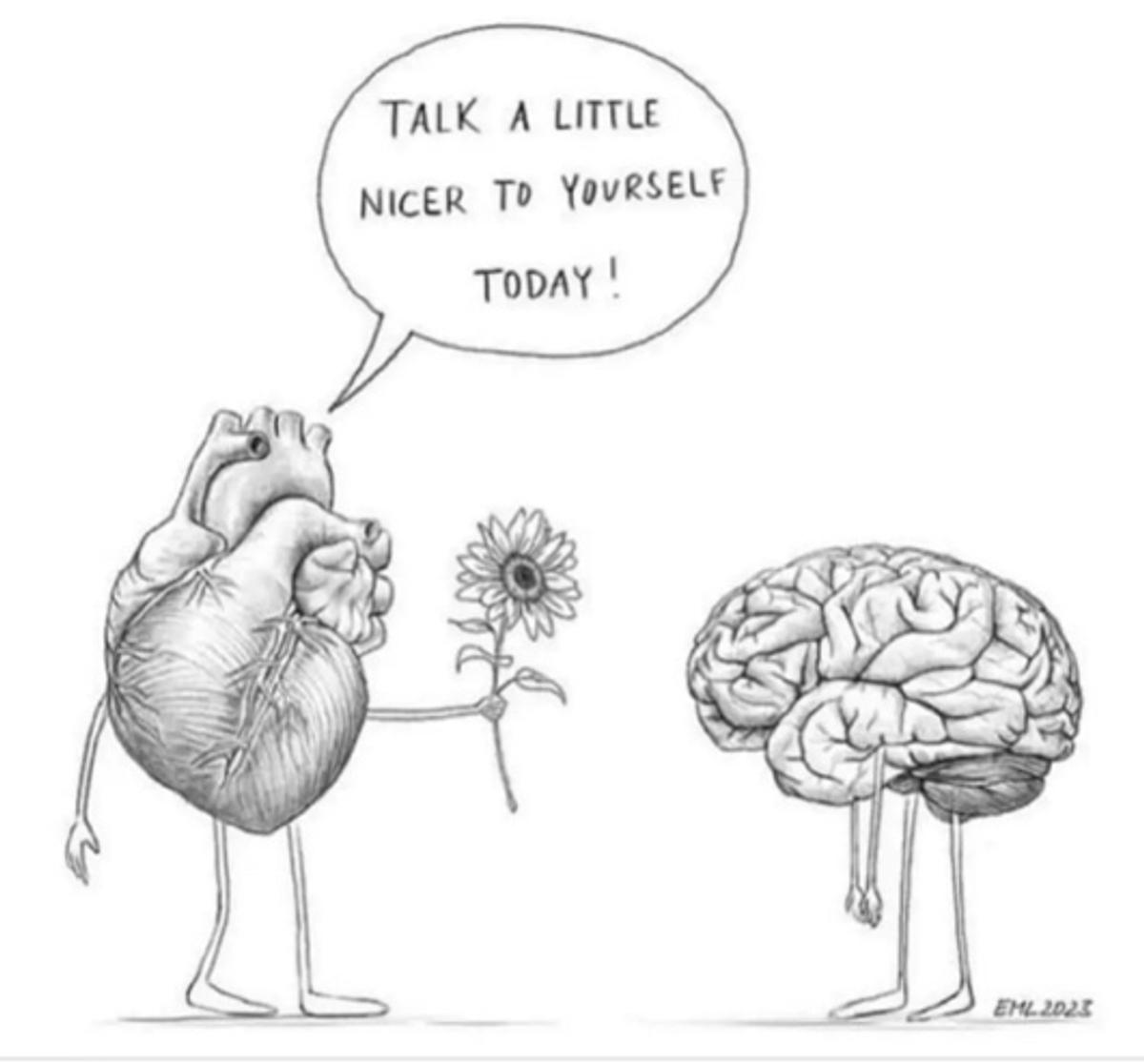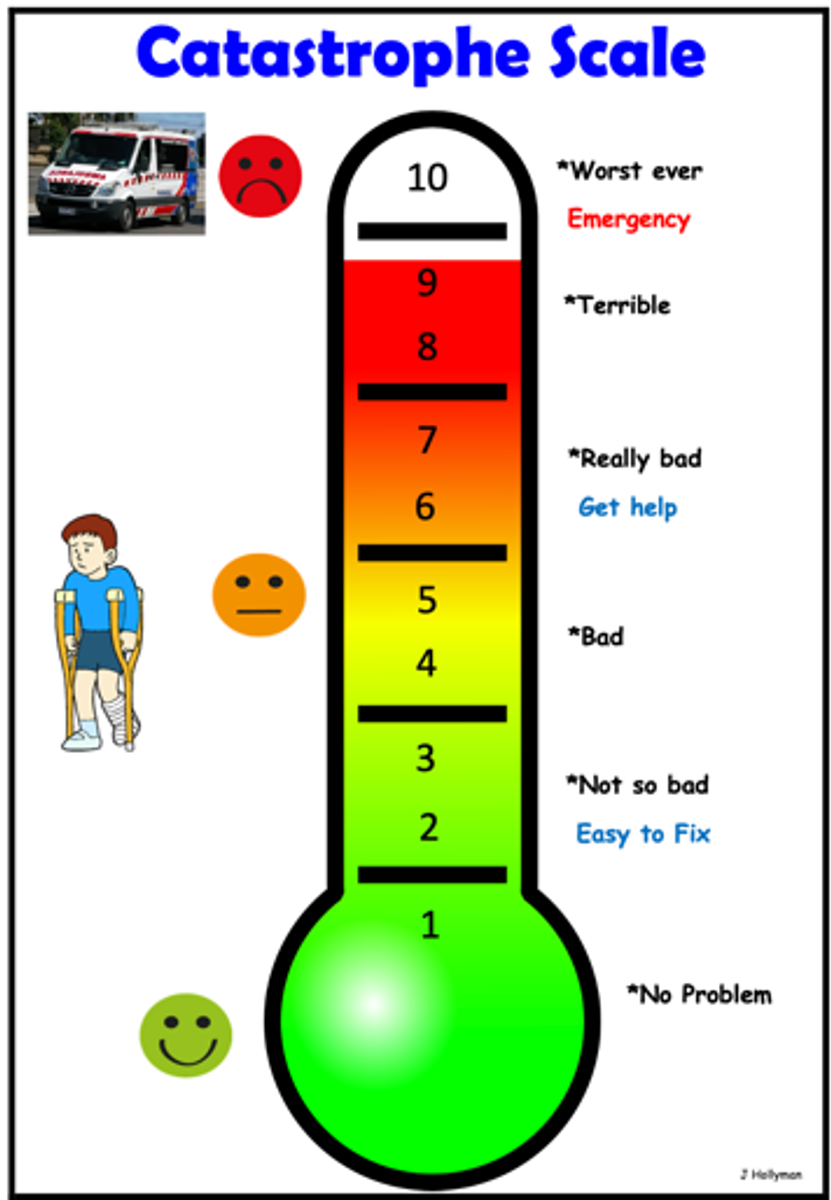Student Wellbeing
Jocelyn Hollyman, Rachel Barnes and Laura Kennedy

Student Wellbeing
Jocelyn Hollyman, Rachel Barnes and Laura Kennedy
Dear Parents,
Life can get extremely busy, especially towards the end of each year. During this time navigating difficult emotions can be overwhelming, but with the right tools, you can move through them with awareness and compassion.
Here are 3 effective strategies to work with challenging emotions: Strategies from Kristin Neff
1.Labelling Emotions: ‘Name it and you tame it’
By gently naming your emotion, ( e.g ‘This is anger or This is sadness) you create a sense of space and reduce the stress response in the brain.
2.Awareness in the Body: ‘Feel it and you heal it’
Emotions are not just in our minds; they manifest in our bodies too. Finding and anchoring your awareness in the physical sensations helps slow down and transform the experience.
3.Soften - Soothe - Allow: Add warmth to your awareness
Softening the tension, soothing yourself with kindness, and allowing the emotion to be there helps nurture emotional healing and resilience.
Each strategy brings unique benefits, but blending awareness/mindfulness and self-compassion is most effective in helping you move through tough moments.






The Catastrophe Scale is a useful tool to help rate situations and events. For example: Getting a paper cut hurts but, on the catastrophe scale, it might rate around 1 or 2. Using the Catastrophe scale can help put things in perspective, especially when your emotions are really heightened.


If you would like more helpful tips you might like to look up the following knowledgeable people: Maggie Dent, Steve Biddulph, Michelle Mitchell, Dr Justin Coulson, Dr Jodi Richardson, Rebecca Sparrow and Linda Stade.
Take care and be kind to yourself and others.
Smiles,
Jocelyn Hollyman, Rachel Barnes and Laura Kennedy